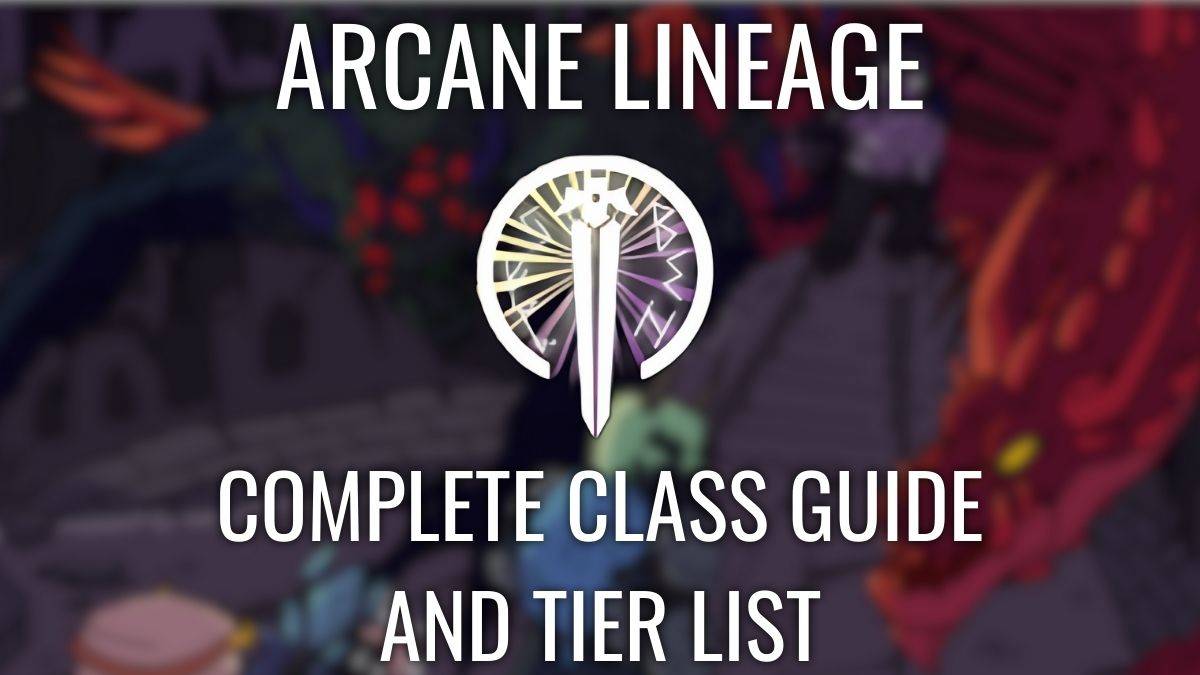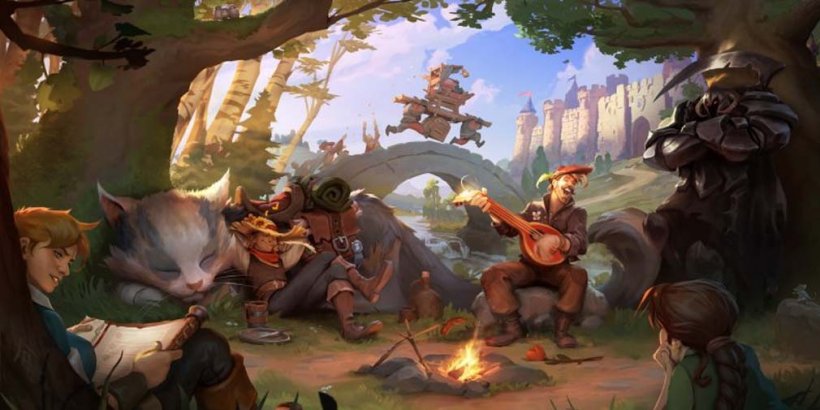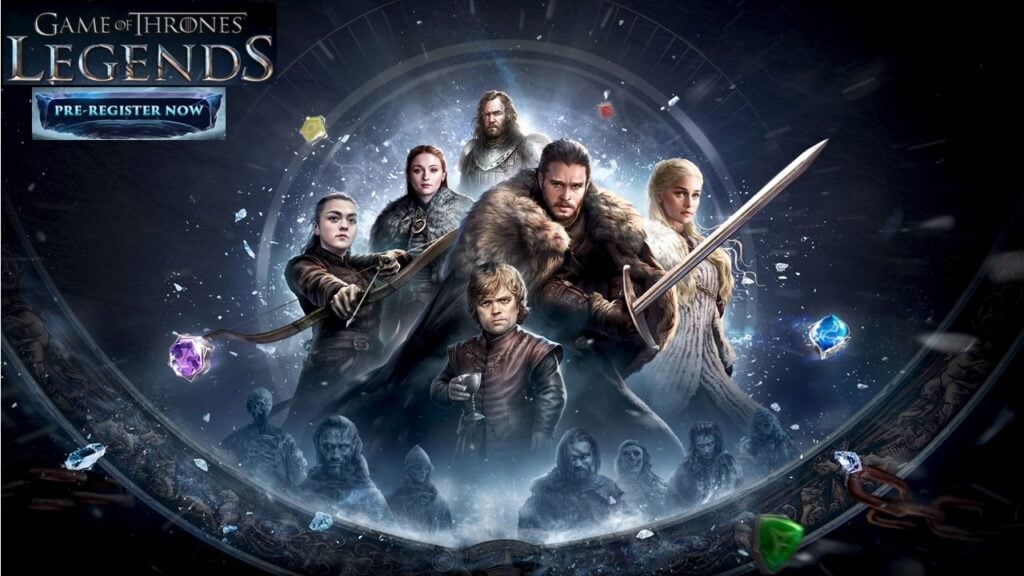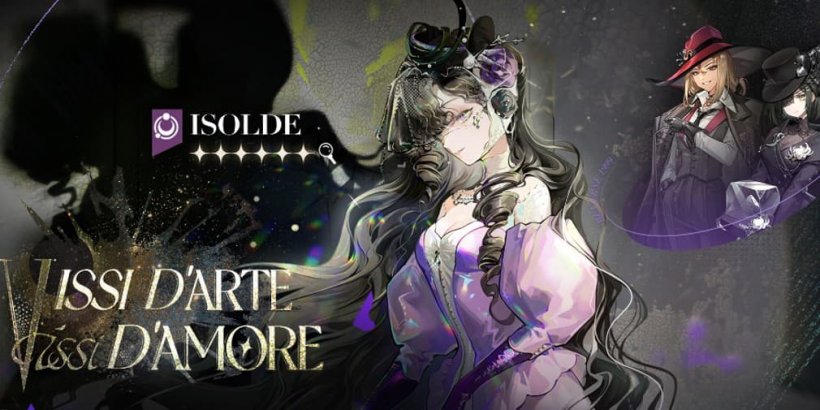EA Delivers Final Blow to Origin, Affecting Some Users
- By Patrick
- Apr 09,2025
In 2011, EA launched the Origin App to provide a digital storefront for its PC games, challenging the dominance of Steam. A key moment was in 2012 when EA mandated that players use Origin to access Mass Effect 3, sparking some controversy. Despite this, Origin never gained the traction EA hoped for, largely due to its clunky user interface and frustrating login experiences. Many PC gamers actively avoided Origin, yet EA continued to support it until recently announcing its replacement with the EA app, which has similarly been met with criticism for its user experience.
The transition from Origin to the EA app isn't without its challenges. For instance, if you own games like Titanfall on Origin and don't switch your account to EA, you risk losing access to your purchased titles. Additionally, the new EA app only supports 64-bit operating systems, leaving behind users on 32-bit systems. Although this move aligns with industry trends, as even Steam dropped support for 32-bit OS in early 2024, it still impacts a niche group of users. It's highly unlikely that anyone using a PC built or purchased within the last five years would be running a 32-bit OS, especially since Microsoft sold 32-bit versions of Windows 10 up until 2020. Windows 11 users are safe as it exclusively supports 64-bit systems, a feature first introduced in Windows Vista nearly two decades ago.
To check if your system is 32-bit or 64-bit, you can look at how much RAM your system uses. A 32-bit OS can only handle up to 4GB of RAM, so if your system has more, you're likely running a 64-bit OS. If you've mistakenly installed a 32-bit version of Windows, you'll need to perform a full system wipe and reinstall a 64-bit version to access the EA app.
The discontinuation of 32-bit support in 2024 raises broader questions about digital ownership. Losing access to a game library due to hardware changes is a frustrating reality for many. Steam, too, has moved away from supporting 32-bit systems, leaving some users without viable upgrade options. Moreover, the rise of invasive DRM solutions like Denuvo, which often require deep system access and impose arbitrary installation limits, further complicates the digital gaming landscape.
One solution for preserving a digital library is to support platforms like GOG, operated by CD Projekt. GOG offers DRM-free games, ensuring that once you download a title, you can run it on any supported hardware indefinitely. While this model opens the door to potential software piracy, it hasn't deterred developers from releasing new titles on GOG, such as the upcoming RPG, Kingdom Come: Deliverance 2, which is set to launch on the platform soon.
Latest News
more >-

- Nikke's Baseball Update Hits a Home Run
- 06/04,2025
-
-

-

-




